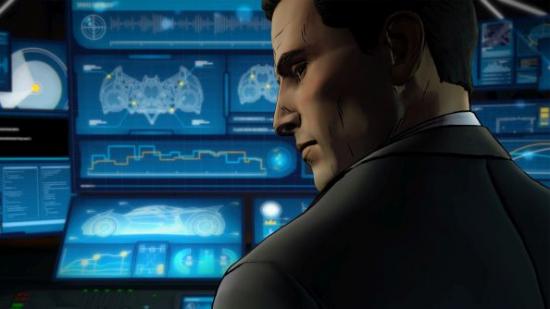Last September, Telltale Games named former Zynga exec, Pete Hawley, as their new CEO and it wasn’t long before Hawley started shaking things up.
Just before Christmas, Telltale Games was hit with a wave of layoffs as the company underwent “restructuring” and it now seems they are rehiring, with new gameplay mechanics in mind.
Check out our list of the best adventure games on PC.
Speaking to GamesBeat last year (via Resetera), Hawley revealed Telltale Games are working on a new IP, alongside new gameplay, but no further information was given about what these new gameplay mechanics might entail.
“Getting into 2019 we’ll have some new IP to talk about, some original IP, and new gameplay too”, Hawley explained to GamesBeat. “The next couple of years, we’ll be locking in the road map soon and we’re really excited about it.”
However, thanks to a job listing for a Gameplay Designer on Telltale’s official website, we may have a better idea of the direction the company is taking as the post describes how Telltale “embraces new technologies” and is seeking to “expand [their] repertoire of innovative mechanics and gameplay.”
“The Gameplay Designer will focus mainly on creation and polish of new player abilities and game systems,” the advertisement reads. “The ideal candidate has worked in Unity across a number of genres, with an eye for designing great player experiences. A passionate interest in high-quality narrative is a must.”
What’s interesting about this is the request for someone who is skilled in the Unity game engine. Previously Telltale Games have used their own game engine, called Telltale Tool, for every one of their games. Switching the the Unity engine could suggest a move towards higher quality 3D games, a deviation from the Telltale we are used to.
The responsibilities of the position also highlight potential future changes, as the company is searching for someone with “emphasis on player experience, and traditional game feedback/control, i.e. mini-games, action beats, inventory and role-playing systems”.
This could suggest the company is making a move back towards traditional point-and-click adventure games, but in the modern era, or heading in the opposite direction and giving players more autonomy over characters and their stories.
